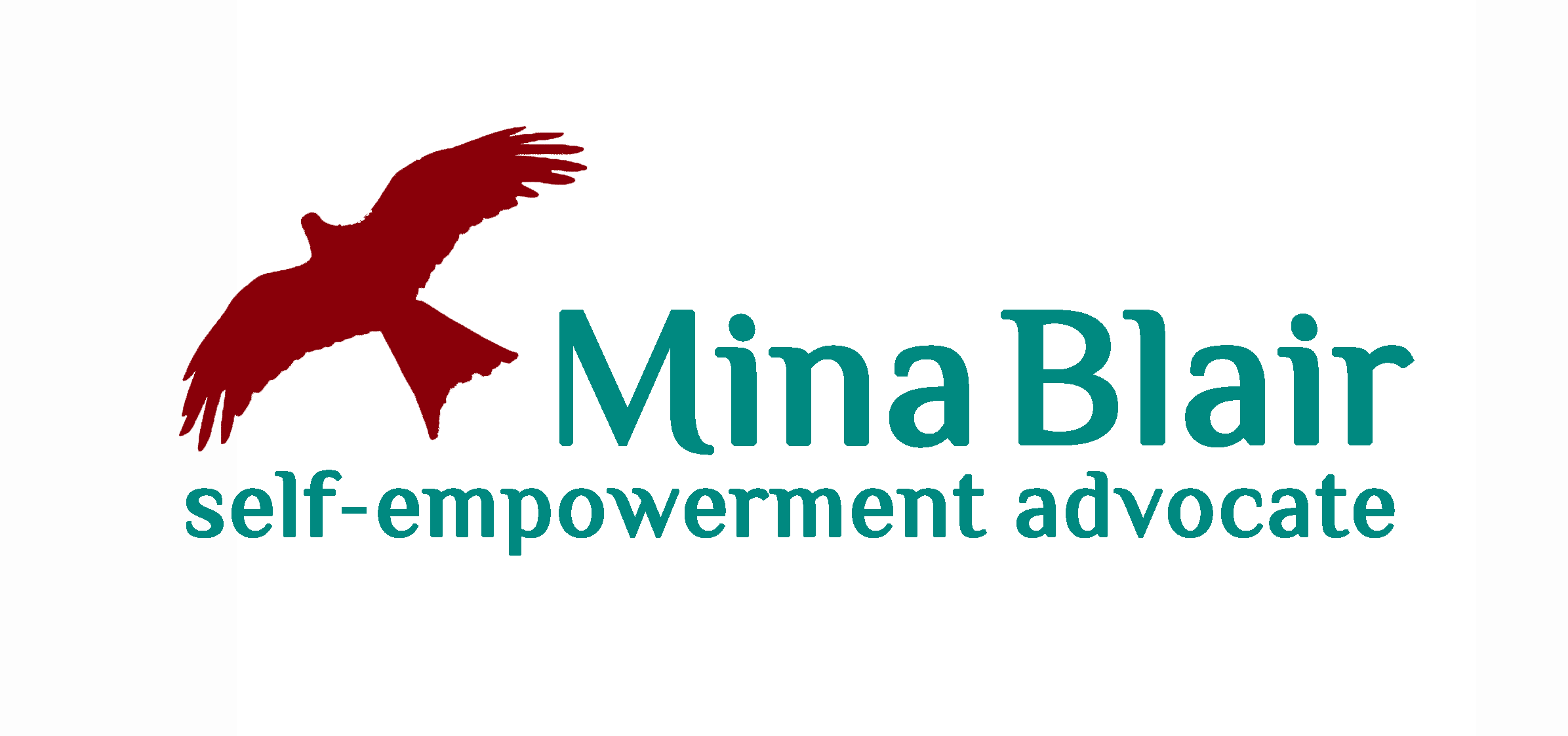Quick question: how many of your interactions are reciprocal? It’s a word you don’t often see or hear anymore, and I’m wondering whether we have forgotten what it means and how reciprocity benefits the planet.
I’m reading a really thoughtful and beautiful book called Braiding Sweetgrass by Robin Wall Kimmerer. A member of the Potawatomi Nation, she weaves an engaging narrative made of indigenous wisdom, scientific knowledge and the teaching of plants. It’s a reminder of how ancient cultures live in harmony and balance with their environment. A life of gratitude and respect for Mother Nature and what she provides for all living things.
One of the key values Robin offers us, which she herself was taught, is to take only what you need. Whether that was hunting animals, growing crops on the land, foraging for food or harvesting plants for medicine and basket weaving, the premise was always to take what you need and leave the rest. It’s a relationship based on trust: you look after your environment and the environment will look after you. That’s the balance. A natural, mutually beneficial cycle of giving and receiving.
The problem with the developed world is that it’s all about the money. And when the starting point of intention, motivation and action is money/profit, one’s attitude turns into “what’s in it for me?” This is not a place of togetherness or connectedness. It’s a place of separateness. Behaviour such as hoarding and greed are symptoms of this imbalance.
What does reciprocity mean?
The definition of reciprocity is “the practice of exchanging things with others for mutual benefit.” This can be between human beings but also between people and the environment or any living thing. Think symbiosis. For us humans, there are plenty of reciprocity opportunities around. Planting trees to replace the ones we have cut down. Cleaning up the oceans so sea life can thrive and in return provide us with food – closer to home and something we can all do, is pick up litter (and encourage others to use bins!). Using consumer power to support businesses that operate ethically and sustainably is an act of reciprocity. There is so much we can do!
With Christmas only days away, it feels timely to be thinking about reciprocal giving and receiving. So that it’s not just “what did you get?” but also “what did you give back?” It’s about bringing the world into balance, because ultimately, we’re in it together! When you help others, you help yourself. It’s a relationship with love at its core, with love as the driving force.
And that’s how reciprocity benefits the planet.

